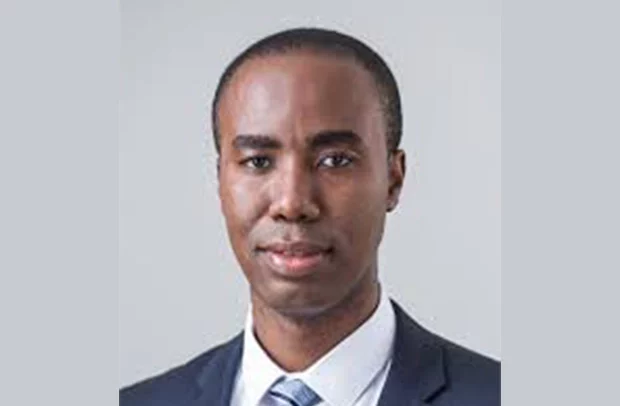Kwabena Adu-Boahene
The Court of Appeal yesterday dismissed two separate applications filed by lawyers for Kwabena Adu-Boahene, former Director-General of the National Signals Bureau (NSB), as well as Solomon Asamoah, former Chief Executive of Ghana Infrastructure Investment Fund (GIIF), demanding further disclosures from the Attorney General.
Mr. Adu-Boahene and his wife, Angela Adjei-Boateng and two others, have been charged for allegedly stealing a total of GH¢49.1 million from the state.
Solomon Asamoah, on the other hand, is before a court with the erstwhile Board Chairman of GIIF, Prof. Christopher Ameyaw-Akumfi, for their alleged involvement in the dissipation of state funds in the non-existent $2 million Accra Skytrain project.
They had each filed separate applications before the trial courts asking them to order the Attorney General to disclose certain documents they contend are critical to their defence.
Both trial courts dismissed the applications, and the accused persons, not satisfied with the decision of the courts, challenged the decisions at the Court of Appeal.
The Court of Appeal, however, dismissed both applications, holding that the applications lacked merit.
Adu-Boahene Request
Mr. Adu-Boahene had filed an application for further disclosures, asking the court to order the prosecution to disclose all National Security Coordinators’ special operational accounts, spanning 33 years and five presidents – from 1992 to date.
The request was heavily opposed by the Office of the Attorney General, which asked the court to deny the request, calling it fishing and an attempt to delay the trial.
His lawyer, however, strongly argued that those documents establish a particular pattern and is very crucial to any defence the accused would mount.
Despite the strong opposition mounted by the Attorney General in court, and while the court was yet to deliver its ruling on the motion for further disclosure, the Office of the Attorney General released the National Security Coordinators’ operational accounts from 2017 to 2024 – covering the Akufo-Addo-led New Patriotic Party (NPP) government while leaving out the other accounts.
The court, presided over by Justice Eugene Nyante Nyadu, eventually delivered his ruling on July 3, 2025, reading just the concluding part and dismissed the request for further disclosure, stating that the accused did not provide justification for the request.
Solomon Asamoah
Mr. Asamoah, on the other hand, filed an application before the court asking it to order the prosecution to disclose certain documents which he said were deliberately omitted during disclosure but are crucial to his preparation for defence.
Among the documents he was asking for are all board packs that were sent to members of the GIIF board from 2017 to 2021, along with both signed and unsigned minutes of the Board and Investment Committee meetings that took place during that period.
He was also seeking the complete attendance records for every GIIF Board and Investment Committee meeting within those years.
Again, Mr. Asamoah sought for all memoranda related to the AI Skytrain project, as well as email correspondence between himself and several members of the board, among others.
Moving the motion, his lawyer, Victoria Barth argued that Mr. Asamoah is guaranteed a right under the constitution to have unfettered access and equal right to evidence of meetings that will establish the cause of dealings of the GIIF Board and the nature of its processes of approval.
She said it will also establish the credibility of the “persons who claim to have no recollection of the very approvals that are alleged to be lacking,” adding that “it is not the preserve of the prosecution to determine for the accused person what is relevant to the preparation of his defence.”
The application was opposed by Deputy Attorney General, Justice Srem-Sai, who also argued that the materials requested for are not in the prosecution’s possession and did not come into their possession or the possession of the investigators.
“It would therefore be an impossible order to direct us to produce that which we do not have and we could not have during investigation,” he said.
The court, initially presided over by Justice Comfort Tasiame, dismissed the application, holding that the prosecution had indicated that the said documents are not in their possession and since there are other means counsel for applicant can use to procure the documents they are requesting for, the request would not be granted.
BY Gibril Abdul Razak


